AMD has announced that the release of Radeon™ GPU Detective (RGD) v1.0 is imminent. This tool is for post-mortem analysis of GPU crashes (sounds really exciting) and allows developers to retrieve and analyze AMD GPU crash dumps. The information generated assists in determining the cause of the crashes. They include page fault details, resource details, and execution markers that reflect GPU work at the time of the crash. The first version of this tool provides support for analyzing GPU crashes on Windows (“TDRs”) in applications that use Direct3D® 12. To use the functionality, an RX 6000 series (RDNA2) or RX 7000 series (RDNA3) graphics card is required, as well as the latest public version of AMD Radeon Adrenalin software.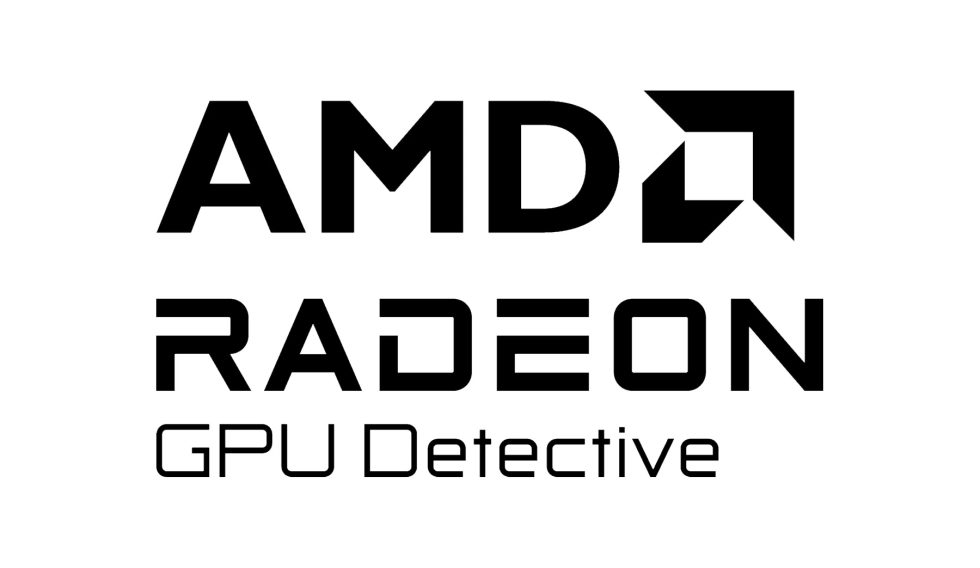
Using this tool, developers can put the graphics driver into crash analysis mode via the Radeon Developer Panel (RDP) before reproducing the crash. After the crash, the tool creates an analysis file with detailed information that can provide clues about the cause of the crash.
- Execution marker information that indicates which rendering passes and character calls were in progress during the crash. Custom markers can be added by the application developer using the AMD GPU Services (AGS) library.
- If it was determined that the crash was caused by a page fault:
- The faulty virtual address.
- Details of all resources (such as heaps, textures, and buffers) that were in the faulty virtual address, including the resource names provided by the developer.
- Timeline of memory events (such as Create, Destroy, and Evict) filtered only for the relevant resources.
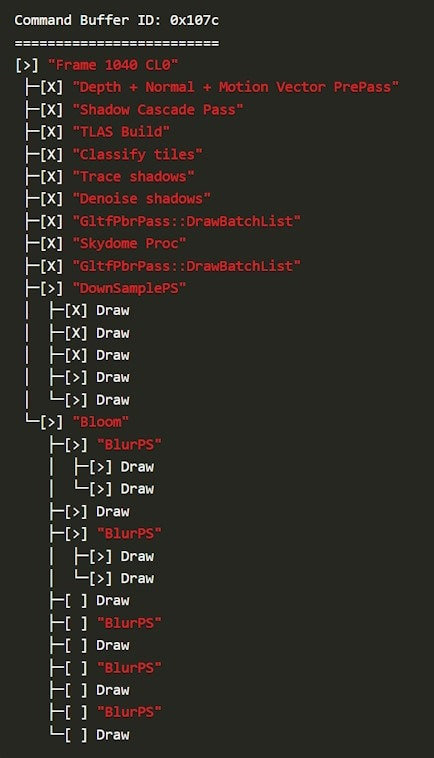
The crash analysis file is generated in text format by default. The configuration of the tool also allows the analysis file to be generated in JSON format to facilitate automatic processing. RGD is part of the Radeon Developer Tool Suite (RDTS) and is available via the corresponding download link. It should be noted that RGD v1.0 requires the latest Adrenalin drivers, with at least version 23.7.2 required. The latest Adrenalin drivers are available on the official website. The source code for the RGD command line tool is open source and can be found in the Radeon GPU Detective repository.
Source: AMD




















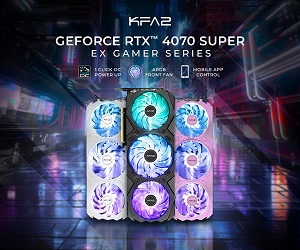



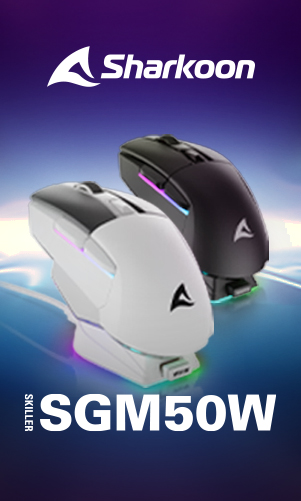
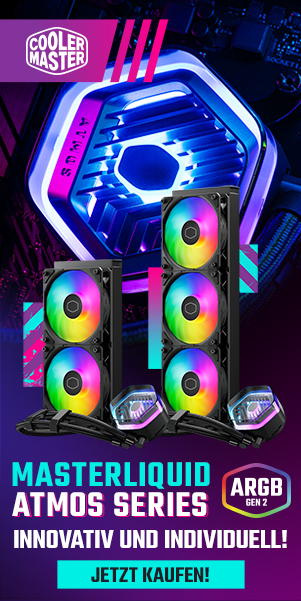





Bisher keine Kommentare
Kommentar
Lade neue Kommentare
Artikel-Butler
Alle Kommentare lesen unter igor´sLAB Community →